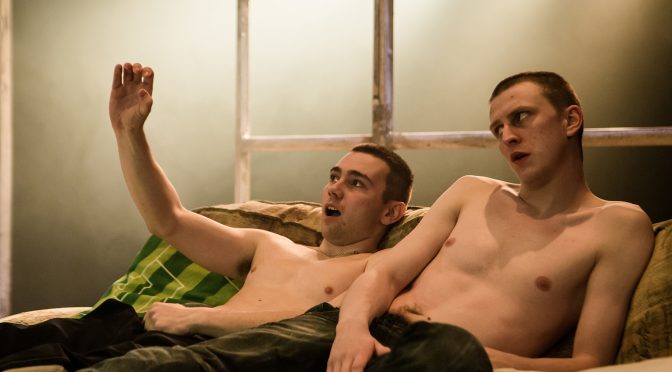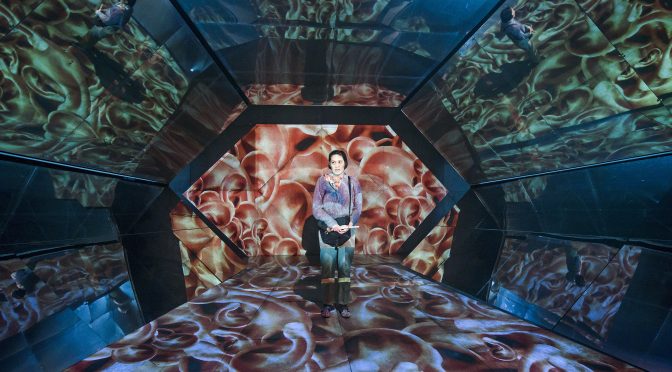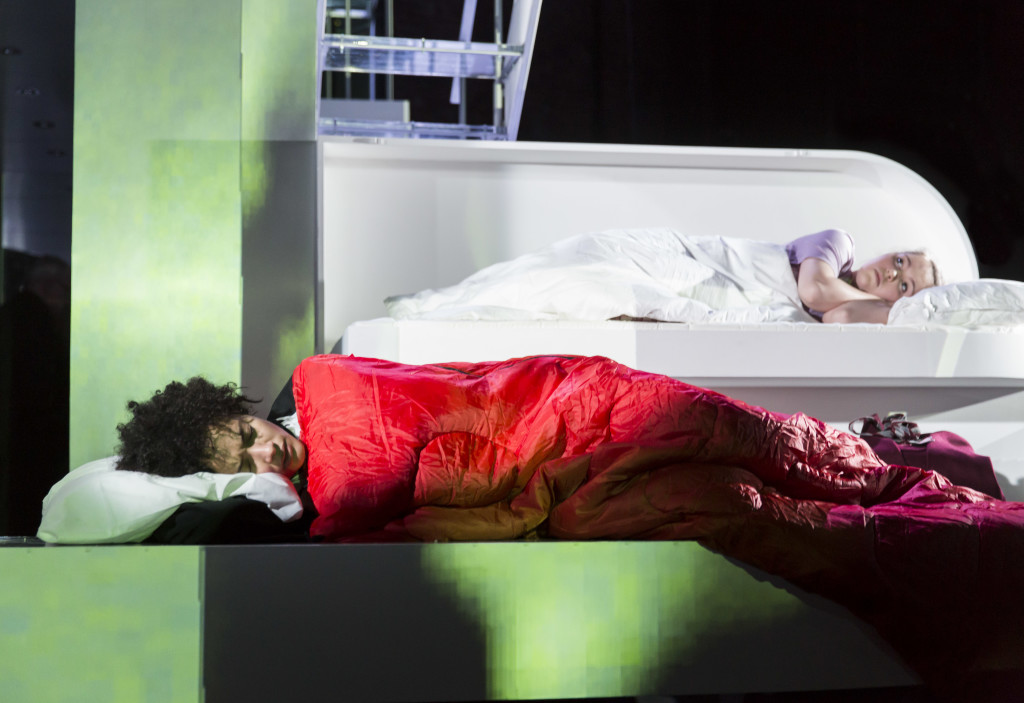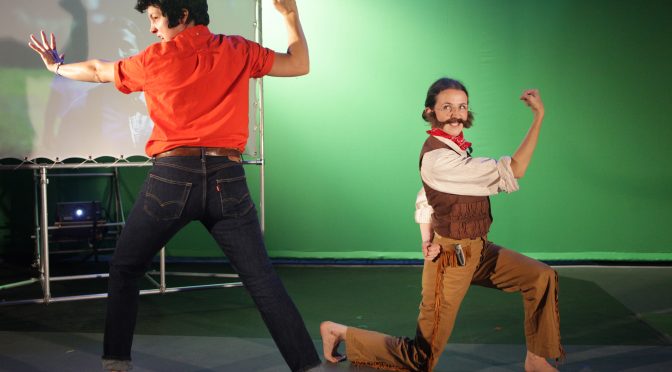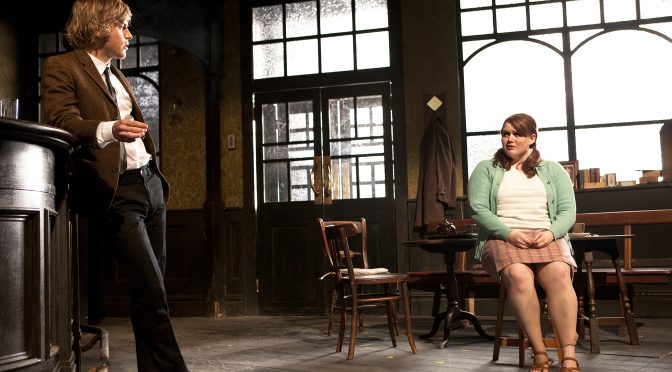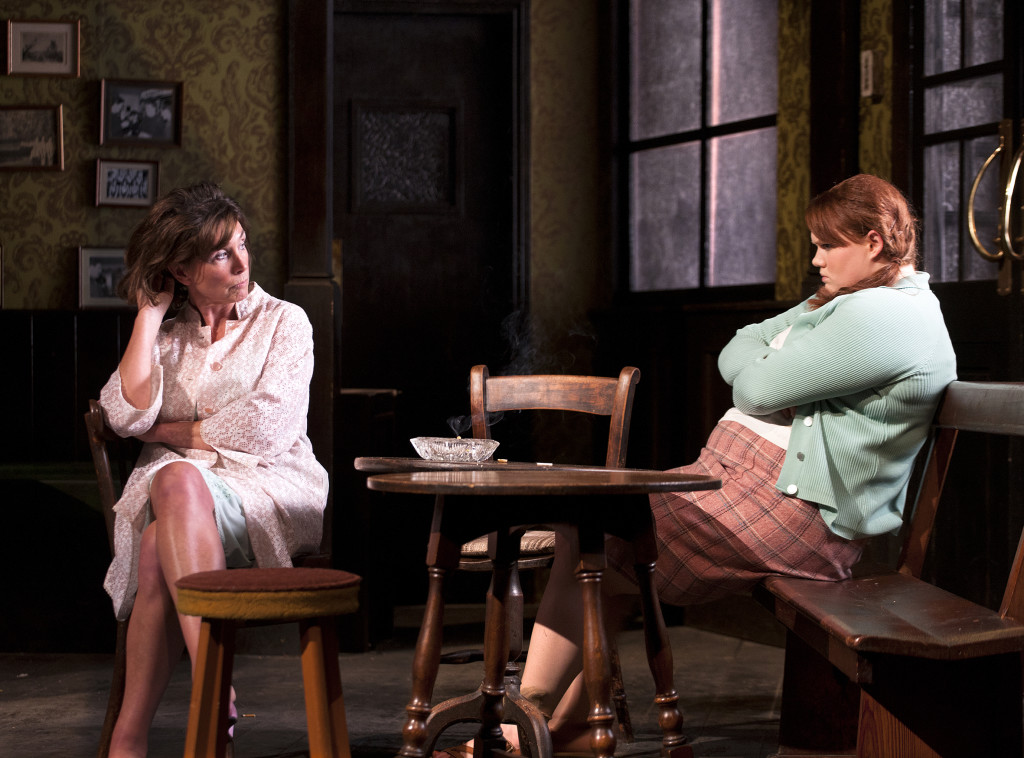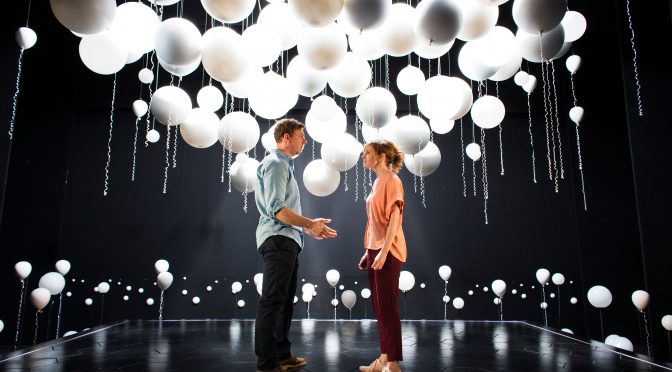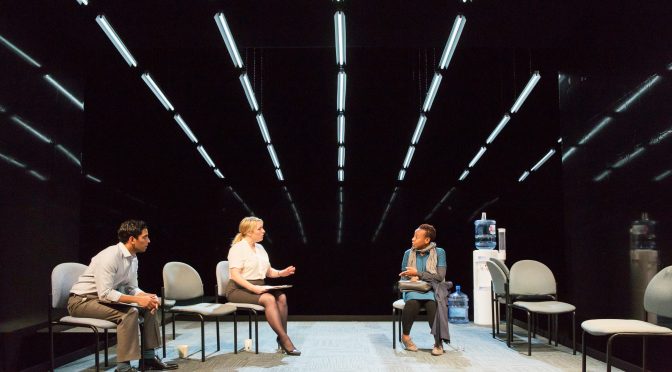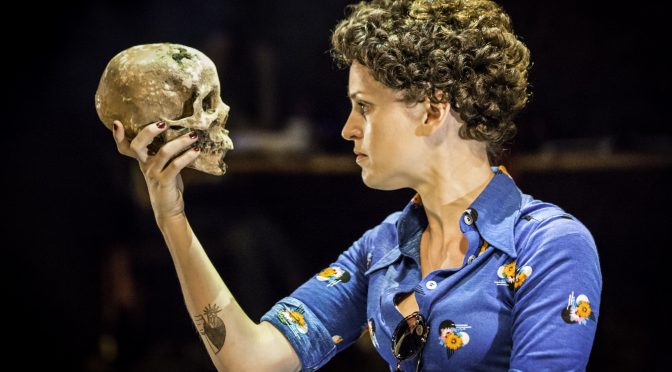Anna Jordan’s play won the Bruntwood Prize in 2013 and has already had an acclaimed run at Manchester’s Royal Exchange. A bold look at the ever-topical issue of our problem youth, Jordan’s unflinching eye earns her work the distinction of being one of the most depressing plays you could go and see.
Hench and Bobbie, 16 and 13 respectively, have been left to fend for themselves. Jordan lists signs of poverty and depravity relentlessly: dirt, crisps, lager and pornography. Incapable of caring for themselves, let alone the large dog they have imprisoned in their bedroom, the boys can’t call for help as they have no credit on their phones. Remind yourself the situation is unusual – but it isn’t unbelievable.
Writing gritty is relatively easy. Writing something this grim is harder. To steer clear of a documentary feel there are embellishments. A portable heater stands in for the dog. And Bobbie becomes literally feral at one point (he barks when distressed) – a brilliant and powerfully unsettling moment. And there’s the PlayStation, their only source of solace (which they pass out while playing), superbly staged as a bank of lights.
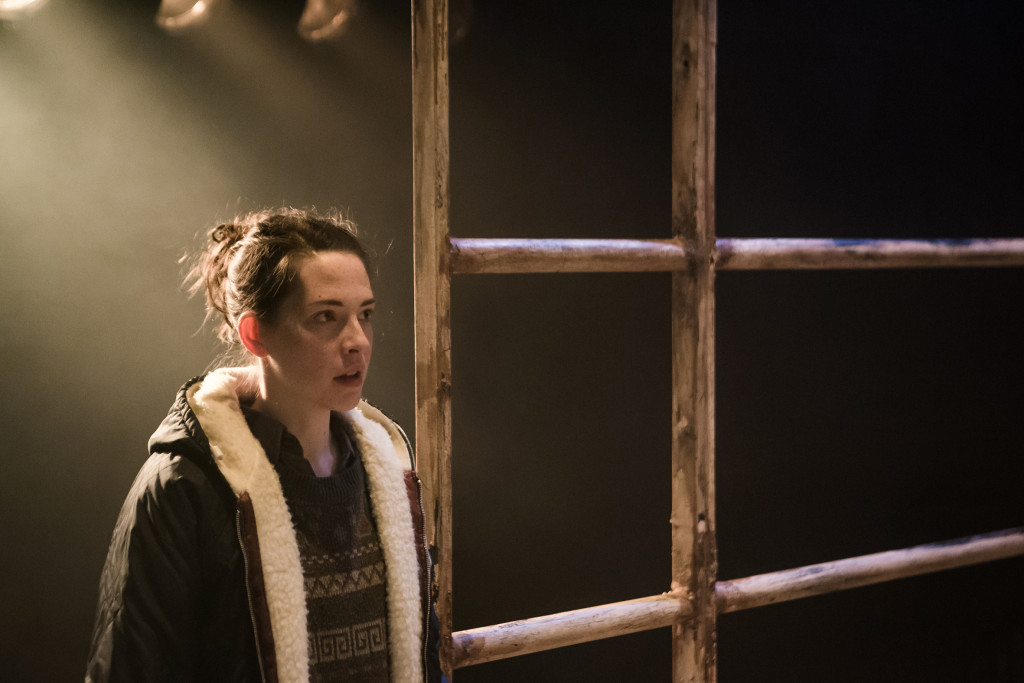
The performances and Ned Bennett’s direction are first class. Sian Breckin manages to evoke sympathy as the boy’s awful mother, indicating a tragic back story: throughout the play we are reminded that you can love someone (or a dog) yet treat them horribly. Annes Elwy makes a credible character out of Jenny, who tries to stop the animal cruelty and then starts an unlikely romance with Hench. It’s Jenny’s nickname that gives the play its title, but having another young character as such an obvious foil, painfully showing what it is boys yearn for, feels forced.
In the lead roles Alex Austin and Jake Davies’ performances are marked by an awesome physicality. A mix of hormones, menace and boredom, they inhabit their characters fully and it’s all about frustration. Each instance of physical contact, indeed the potential of touching, becomes intense. It makes the unspecified trauma that affects Hench and the violence Jennifer experiences all the more potent. Austin and Davies’ efforts bring out the very best in the text and do justice to a play that is both hard working and hard work.
Until 13 February 2016
Photo by Richard Davenport

